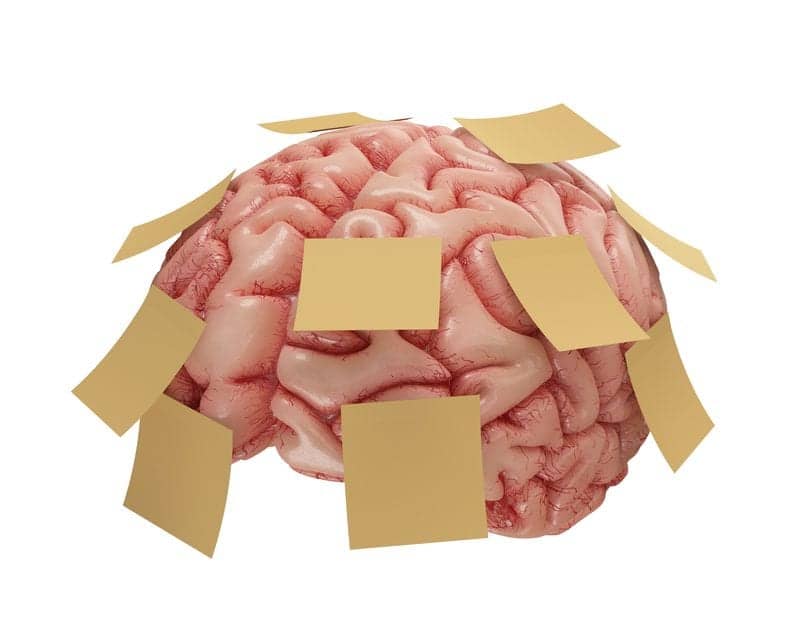A study from the Florida campus of The Scripps Research Institute (TSRI) integrates neuroscience and psychological research to reveal how sleep is more complex than many would expect. The new research, published online ahead of print by the journal Cell, shows in animal models that sleep suppresses the activity of certain nerve cells that promote forgetting, insuring that at least some memories will last.
“Many scientists have tried to figure out how we learn and how our memories become stabilized,” says Ron Davis, chair of the TSRI Department of Neuroscience and senior author of the study, in a release. “But far less attention has been paid to forgetting, which is a fundamental function for the brain and potentially has profound consequences for the development of memory therapeutics. Our current study merges the neuroscience of forgetting, that is, the brain mechanisms that lead to forgetting, and the psychology of forgetting into an integrated picture.”
Early studies from psychology suggest that sleep facilitates memory retention by stopping interference caused by mental and behavioral activity. That is, sleep essentially isolates the brain from all of the stimuli that can interfere with memory storage. Neuroscience research, on the other hand, suggests that sleep facilitates memory retention by enhancing memory stability or what is called consolidation.
The new study in experimental animals reveals the biological underpinnings of the earlier psychology studies, pointing to the activity of the neurotransmitter dopamine. Dopaminergic activity is known to regulate various types of “plasticity”—the ability of the brain to change in direct response to learning and memory formation. That ability includes forgetting as well.
The study shows that increasing sleep, with either a sleep-promoting drug or by genetic stimulation of the neural sleep circuit, decreases signaling activity by dopamine, while at the same time enhancing memory retention. Conversely, increasing arousal stimulates dopamine signaling and accelerates forgetting. This signal activity isn’t constant but is tied directly to the animal’s arousal level.
“Our findings add compelling evidence to support the model that sleep reduces the forgetting signal in the brain, thereby keeping memories intact,” Davis says. “As sleep progresses to deeper levels, dopamine neurons become less reactive to stimuli and this leads to more stable memories.”
While the findings bolster earlier psychological studies, they are also not incompatible with more recent findings in neuroscience. The authors note the effects of sleep on memory consolidation and forgetting may operate in parallel and independently of one another or, more intriguingly, in serial in a dependent fashion, with reduced forgetting a prerequisite for sleep-facilitated consolidation.
“We all know that sleep helps us remember,” says research associate Jacob A. Berry, the first author of the study and a member of the Davis lab. “Importantly, we have revealed that one of the ways sleep protects a new memory is by quieting dopamine neuron activity that causes forgetting. Since laboratory animals and humans share a need for sleep, as well as many genetic and circuit mechanisms underlying learning and memory, our findings may shed light on the mechanisms underlying the interaction between sleep and memory in humans.”
In addition to Davis and Berry, other authors of the study, “Sleep Facilitates Memory by Blocking Dopamine Neuron-Mediated Forgetting,” are Isaac Cervantes-Sandoval and Molee Chakraborty of TSRI.
This work was supported by the National Institutes of Health (grants R37 NS19904 and R01 NS051251).




